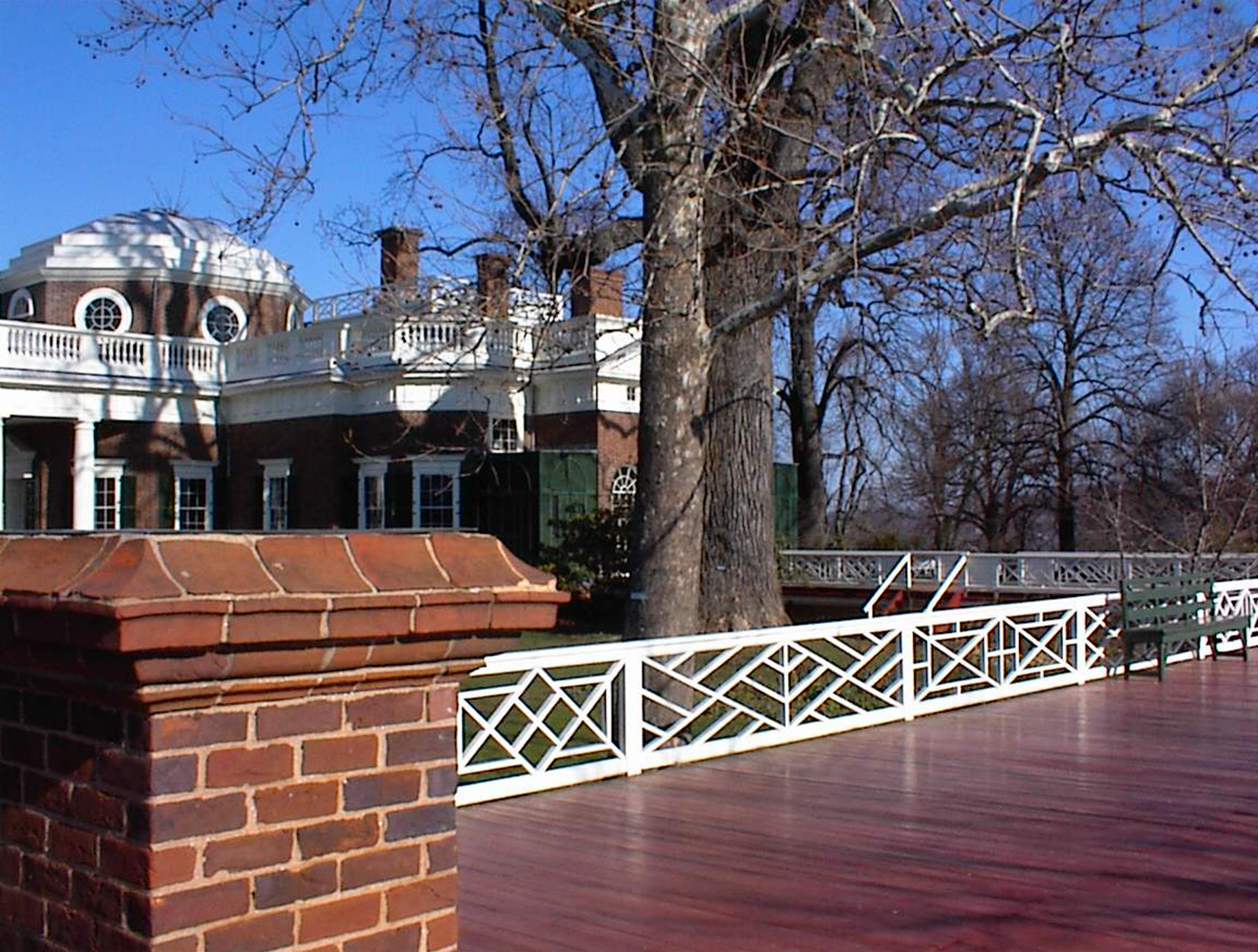Excerpt – Chapter 2: Day of the Locusts
On a summer day, Richard Ashmore’s private life died.
He listened to Lucy’s long message as he loaded his briefcase and laptop in the car. He listened to it again as he started the ignition and groped for his sunglasses against the glare. He listened to his partner’s brief message at a stoplight.
He listened to Lucy’s message a third time, as he turned the rental car north towards the airport.
He made two calls. From Karen, he learned of the siege at the office. The phone was ringing off the wall; no one could get any work done. A group of tabloid stringers had shown up at the door.
After a brief conference between the partners, Scott McIntire locked the doors of Ashmore & McIntire and lowered the mini-blinds against the reporters in the hallway. They agreed to forward the phones to their answering service for the day so that everyone could work in peace. They decided to defer an approach to their building management; they’d wait and see how bad the trespassers got.
“This will be old news tomorrow,” said Scott, and Richard pretended to believe him.
He called Lucy and had her read him the entire news item, including the parts she had left out earlier. For the first time, he learned what one-third of St. Bride’s estate amounted to, how great the disparity between Laura St. Bride’s trust and the Great Lakes shipping trust.
Lucy seemed disappointed in his lack of reaction.
He disconnected, and, without conscious thought, turned the car around and headed south. Within minutes, behind him lay Charlottesville, the apartment where Diana had destroyed their marriage, the duplex where he had made love to Francie one misbegotten winter night. Ahead of him, to the south, rolling hills. To the west, the rounded Blue Ridge. He drove down Route 20 South, then turned up onto Thomas Jefferson Parkway.
A few minutes later, he parked in the Monticello parking lot, bought a ticket, and headed up the mountain on foot.
Returning to the scene of the crime.
Through the grove, scene of Francie’s nonsensical fantasy. Up the path where, one week ago, he and Laura had walked, their bodies humming with the awareness that they had jumped off the precipice into the last relationship of their lives. Towards the cemetery where, one long-ago winter day, Francie had whispered in his ear, “I’m your Sally.” In sight of the summerhouse where the lioness had unsheathed her claws. At the top of the mountain, the house itself, where she had blurted out her off-the-wall claim.
He concentrated on his climb up the mountain. A few tourists passed him, going back to their cars, back to their routines, back to splendid anonymity and lives that no one else cared about.
Not Richard Ashmore. Not anymore.
His first reaction – shock that anyone had dared to publish any piece of his existence – started to give way under the strain of upward motion versus downward pull of gravity.
His words to Julie echoed around him. Consider having to share your grief, he’d said in the certainty that no one would ever shine a flashlight into the dark corners of his life. No television cameras on us, he’d said, assuming no one would ever be interested. Hearing people talk about it, he’d lectured, believing that he had the right to take Cat Courtney to bed with no one the wiser.
Laura, in the dark of a storm: I won’t be your Sally Hemings.
He reached the graveyard but did not stop to pay his customary respects. He detoured around some tourists taking pictures of the obelisk marker and followed the herringbone path along the vegetable gardens up to Mulberry Row.
Over the rise, he saw the dome of the house. What must it have been like, to live in one of the small slave cabins, to come outside every morning of one’s life and look up at the magnificence of Monticello, only yards away but a universe distant? The Ashmores had managed matters more ruthlessly; they had housed their slaves behind the gardens, over half a mile from Ashmore Magna, making their house slaves slog through rain and snow to attend to their chores. Out of sight, out of mind.
I won’t be the woman you can’t admit to.
How had Jefferson’s slaves felt, knowing that one of their own shared their master’s bed? How had they reacted to the Dusky Sally stories – their master’s personal life revealed to the world? Had they secretly laughed up their sleeves at the man who had tried to have it both ways – public reputation and private passion?
He did not mount the steps to the house; he had no intention of going, once again, on the house tour. He walked past the museum shop and down the Mulberry Row extension until he was completely alone. No one gave him a second look – just another tall businessman, sans jacket in the heat of a July afternoon, eyes hidden by sunglasses. Alone with his thoughts.
He looked out over the valley and the south orchard, seeing none of it.
Jefferson had not lived in the age of the Internet. Two centuries later, revelations of an “other woman” had nearly sunk a presidency, but Jefferson had escaped widespread damage. Titillation about Dusky Sally had been confined to yellow-sheet readers, and, later, the Monticello guests who had goggled at the young slaves who so closely resembled their host. He hadn’t lived in a time when a rumor could leap from site to site, sparks in a dry forest, relentless, unstoppable.
After a while, Richard found the shock wearing off, the sense of brutal exposure dissipating.
No use in being upset. Done was done. And he was, after all, only the collateral damage. Laura was the primary target, he merely the weapon used against her. No one had cared about the effect on Sally Hemings; no one cared about the effect on him. As far as he knew, he had no enemies, only a few friendly business rivals.
And Diana, of course. But she hadn’t done this. She didn’t even use email.
He sorted through what he knew.
Mark St. Bride, without a doubt, was the hidden hand behind all this. Spurned, humiliated, he had struck back furiously. But how had he known what had happened in Jefferson’s bedroom? How had anyone known, other than those few people standing near her when she flattened the Boston pop-tarts?
Clearly, someone had recognized her. Someone had added two plus two and gone to the media.
He walked around the eastern front of the house.
Someone at the party had talked. He had a good idea who, and not that little worrywart Amy. No, high time and if he’s smart sounded like she who had stopped him at the end of the party and said, in her usual your-business-is-my-business manner, “Don’t let her get away, friend. You can hardly do better.”
And Mel had a bosom buddy right there in the office. He’d had problems before with Zoë meddling in matters that didn’t concern her. If he found out that his partner’s admin had talked to the media with gossip supplied by his partner’s wife, he was going to take great pleasure in firing said admin.
Too bad he couldn’t fire Mel.
He shoved his hands in his pockets and continued his circumnavigation of the house, following the roundabout where he and Laura had strolled.
How to handle this? Jefferson had never addressed the Dusky Sally stories. No explanations, no justifications, no denials. Not even a No comment. Nothing. It had taken two hundred years for DNA to catch up to him.
He would not have the luxury of two hundred years’ buffer. He had only fourteen years of silence in the face of suspicion.
No telling at this distance why Jefferson had remained silent. An instinct for political self-preservation? A desire to protect his family, to shield a long-time and surely treasured mistress from exposure? Or the heartfelt belief that it was no one’s damn business but his own?
He hastened his step past the dependencies. He ticked off what he had to do: Reassure Julie, who, thank God, was isolated from all this. Minimize the impact on Ashmore & McIntire. He wasn’t going to let Mel’s big mouth and Mark’s desire for revenge ruin the business he had so carefully built. And comfort Laura, who no doubt would take it all on herself.
But, before anything else, tell Diana.
She was still his wife. Let her take her vengeance. She deserved the truth, and she deserved to hear it from him.



